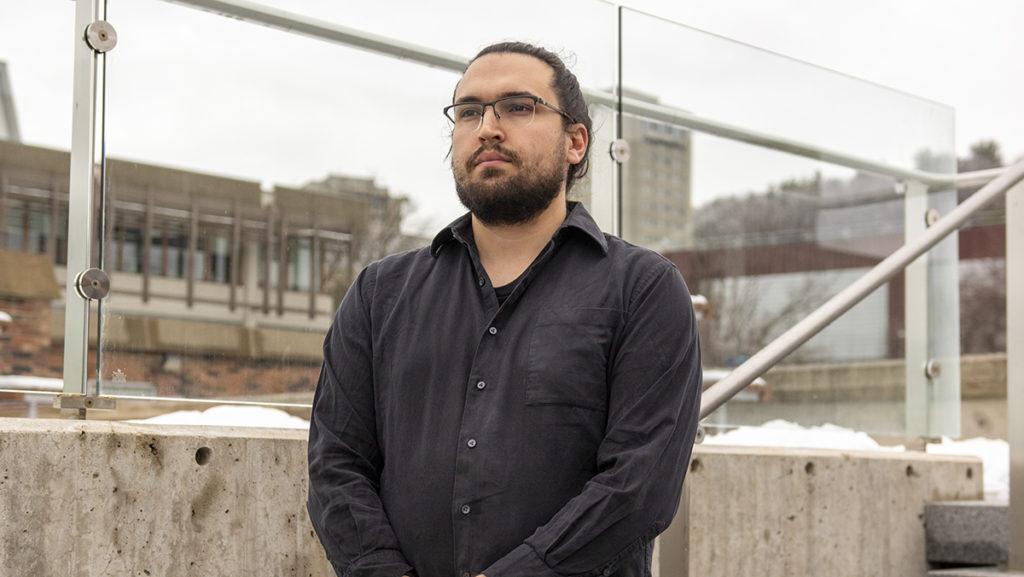On Tuesday, April 12, the Ithaca College community received notice in our email inboxes from the college’s head administrators that a new center is being created within the Division of Marketing and Enrollment Strategy that will be known as the Center for Student Success and Retention. This center will employ two administrators in full-time positions: Elizabeth Bleicher as the dean of Student Success and Retention; and Jacqueline Winslow as executive director of Student Success and Retention. To say that this announcement upset me is an understatement.
My dissent here is not meant to disparage Bleicher and Winslow, as their credentials are bona fide and they both seem — from the information about their work-to-date at the college accounted in recently published memos — to have students’ best interests at heart when carrying out their duties. The discontent with this announcement instead stems from the decision to create a new administrative department and install two new, full-time administrative positions while stability in faculty staffing across the college is in dire need of more financial support.
Even after one accounts for full-time equivalent faculty position reductions detailed in the Shape of the College document, the number of tenure-track positions to fill at the college is significantly incongruous with the current plan to hire tenure-track professors. Next year, in order to continue following the recommendations in the Shape of the College document, the college will most likely hire a single-digit number of tenure-track faculty members across the entire college. As of this writing, there are over 15 professorships previously filled by tenured faculty that are currently staffed with one-year positions in the School of Music alone.
I am not privy to the staffing situations in the other schools at the college, but the School of Music cannot be the only school at IC currently dealing with a deficit of tenured faculty. Relying on one-year instructors for these tenure-track positions provides little sense of stability for prospective and current students; therefore, this current mode of operation is in fact a cause of less-than-ideal retention that supposedly warrants creating more administrative roles. Could the money being used to create new administrative positions not instead be used to fund more tenure-track positions and searches for such faculty?
Of course student retention will be aided (somewhat) by the creation of this newly announced center. However, as so many in the field of education will attest, truly successful retention and student success is fueled by high-quality instructors who have mastery of their content area and practice sound pedagogy, a significant element of which is developing relationships and rapport with their students during regular classroom contact. Current and future students would be better served by hiring and retaining quality instructors who have daily or weekly direct contact with students. Instead, the decision to create a new administration to address the problem of less-than-desired student retention exacerbates said problem by fostering instability in students’ academic experience.
If leaders of the college find this criticism misguided, I would welcome a dialogue with upper administrators, perhaps beginning with another college-wide email that explains how this choice to create and fund upper-level administrative positions amid a significant college-wide deficit of instructors with employment security is truly in the best interest of both the college’s student population and its (fiscal) future. Otherwise, this announcement reads to me — and I am quite certain I am not alone — as a poor decision that capitalizes on a short-term PR victory while ignoring real institutional staffing problems with which administrators need to reckon.














